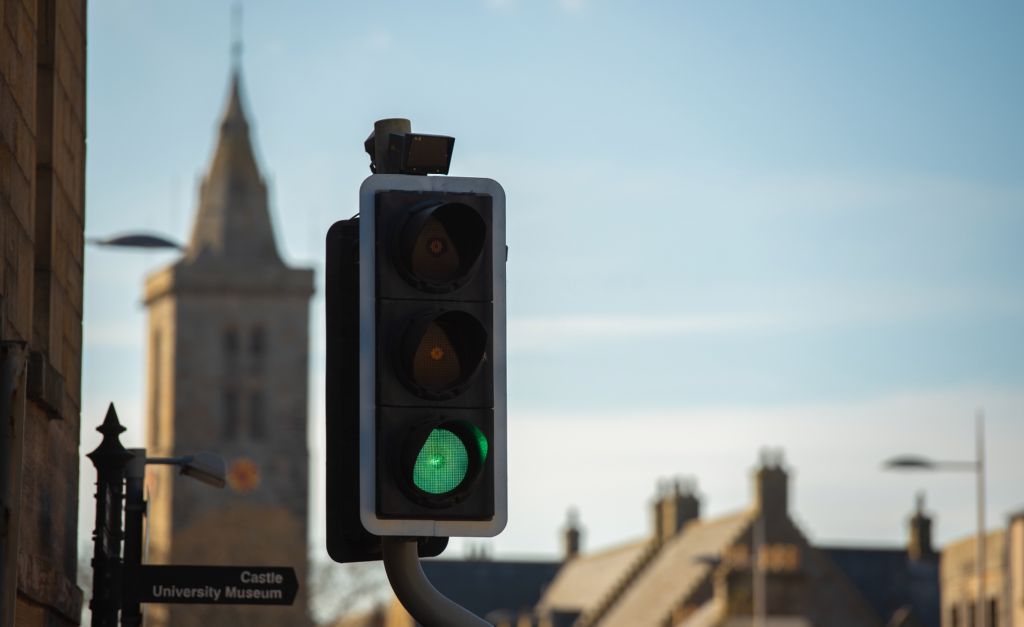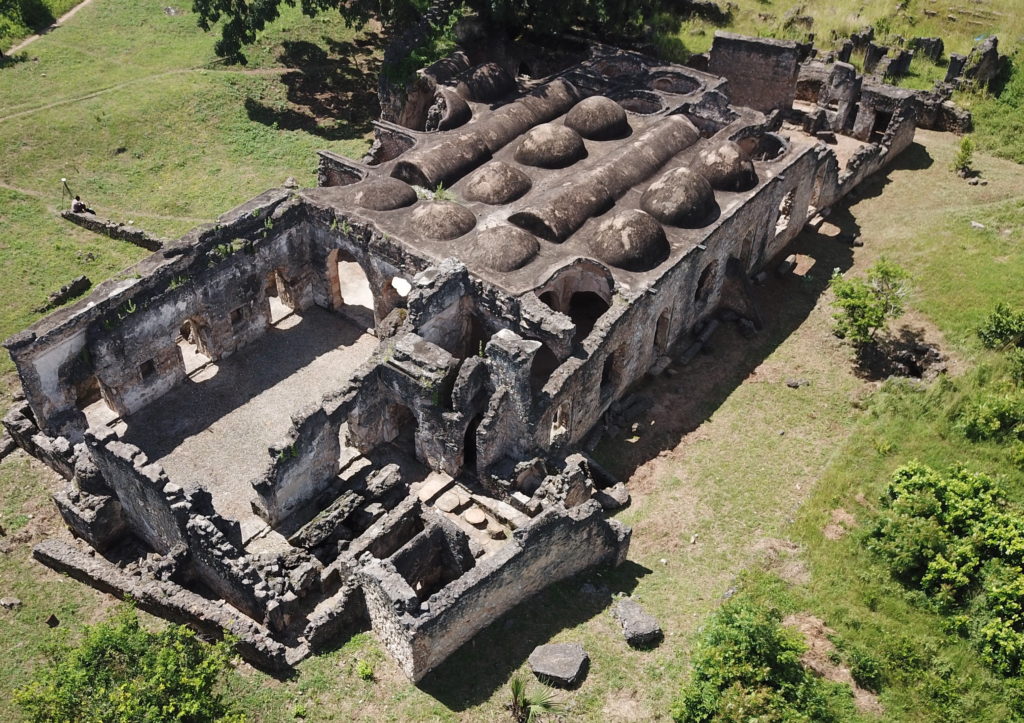“Great universities constantly move forward. They anticipate, lead, adapt, and are society’s engines of innovation and change. Momentum is everything.”
St Andrews recently adopted a refreshed strategy that will be at the core of our actions for the next five years. It will guide our investments and decision-making across research and teaching, and influence our partnerships both within and outside St Andrews. The strategy is the result of a close consultation with staff and students and is grouped under five themes: Word-leading, Diverse, Digital, Sustainable, and Entrepreneurial.
At Research Impact we recognise the extraordinary work done by researchers already in driving these themes forward, providing a solid foundation upon which the University can build over the next five years. This series of blogposts is examining research impacts across the five themes. Today; Digital.

“We will create a digital identity, culture, and capacity that enables us to seize the opportunities which digital transformation can bring to our activities and ways of thinking, extending our ambition for our future as a leading global university.”
Harnessing new technologies allows research at St Andrews and its impact to spread around the world, and greatly expands the possibility of effecting change far beyond Scotland. Many of our researchers have been applying digital research agendas to effect huge change through their work, and this new commitment in the updated strategy aims to maximise this effect. This will allow us to broaden our reach still further, extending disciplinary boundaries and opening even more avenues to impact. Below are three existing projects that are already working to realise these possibilities.

Encourage our academics to lead their disciplines in setting research questions and agendas that integrate digital research.
Around the world, tangible heritage including buildings, monuments, and objects is crumbling to ruin due to natural disasters and climate change. In 2018, following the bombing of Palmyra by the terrorist organisation Islamic State, Professor Richard Bates from the School of Earth & Environmental Sciences worked with colleagues at Bradford University and Durham University to initiate a citizen-science project to crowdsource images of the lost sites to document and digitally recreate them. Their website, Curious Travellers, combines photographs and videos donated by the public with digital sources to create 3D representations of monuments and ancient sites that can be accessed online. By recreating cultural monuments that were destroyed due to conflict or other factors, Bates and the Curious Travellers team are rebuilding a sense of heritage within communities around the world. Read more here.
Accelerate research by embedding digital opportunities into resources and methodologies.

Researchers from the School of Computer Science have been integrating their work on key mathematical structures into leading software for computational abstract algebra, allowing their research to benefit thousands of users across multiple platforms around the world. Twenty-five St Andrews researchers have contributed directly to the Groups, Algorithms, Programming (GAP) system, a software package which helps the user to calculate with complex mathematical objects. Their development of new algorithms for computing with semigroups has expanded GAP’s capabilities in the area, from almost nothing to a credible platform for teaching and researching what is a key topic in abstract algebra. Read more here.

Grow the reach and reputation of our research digitally to enhance our global impact, engagement, and identity.
A team at St Mary’s College (the School of Divinity) is building a free-to-access, online encyclopaedia of theology, an up-to-date and peer-reviewed academic resource that engages with the best of theological scholarship. The St Andrews Encyclopaedia of Theology has been in development since 2019 and will ultimately incorporate all major religious traditions, aiming to become the definitive resource of its field. At roughly 12,000 words per entry, the Encyclopaedia covers vital topics to a level of detail greatly surpassing other free repositories and will be of particular use in parts of the world where library provision is limited. The project is supported by the largest grant ever secured in the School, totalling nearly £3.4 million from the John Templeton Foundation. Read more here.
We will explore the final two pillars of the University’s new Strategy, Sustainable and Entrepreneurial, next week.
